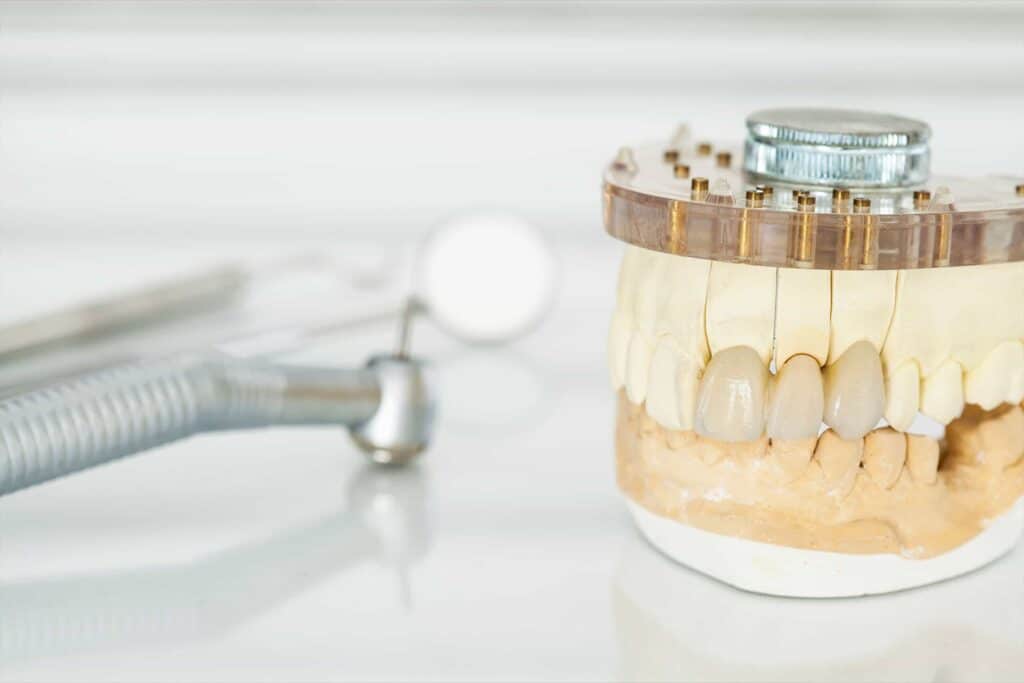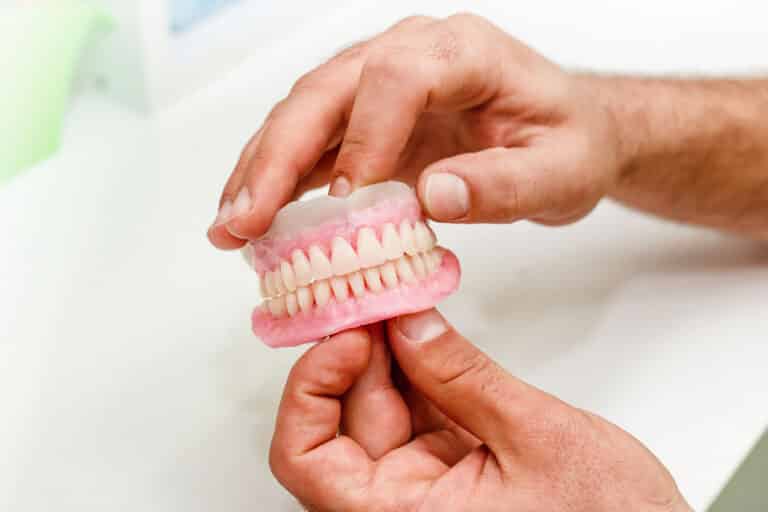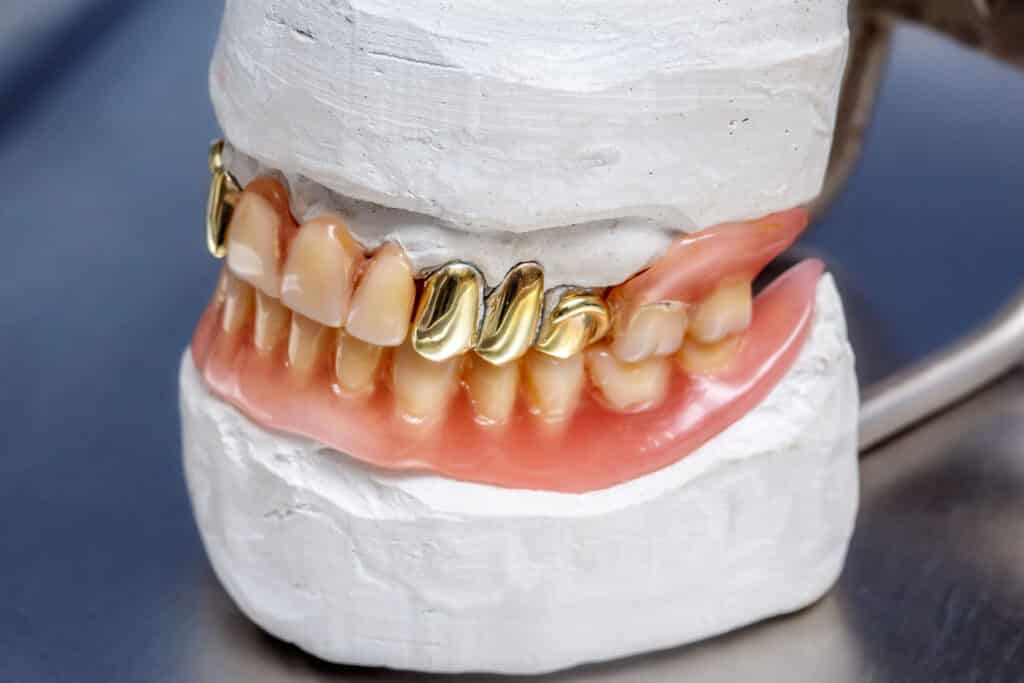Why Can’t I Reuse My Crown?
Sometimes crowns can be reused, but the crown still needs to be viable. If the dental crown fell off because there was decay or a fracture, often the underlying tooth needs to be modified. When this is the case, the crown cannot be reused. However if a dental crown falls off because the cement failed, usually after many years, then the crown can simply be cleaned and recemented. Essentially, both the underlying tooth and dental crown must be healthy and whole in order to reuse the crown.
Why Do I Need a Gum Graft?
Many people have some amount of recession, with some worse than others. When there is a mucogingival defect, where the gums cannot seal out bacteria, a gum graft is required to repair the defect and improve the quality of the gum tissue. Often the problem with this type of recession is the same with those with periodontal disease: it doesn’t hurt. When there is no pain and things ‘have been that way for years’ does not mean that nothing has to be done. These scenarios may not hurt or be an apparent problem now, however as the disease progresses, there becomes a point where the teeth are no longer viable and need to be extracted. Early treatment, in this instance a gum graft, can prevent loss in the future.
How Can I Tell if I Have an Infected Tooth?
A common symptom is persistent pain and swelling. If you wake up and half of your face is swollen, then a dental infection is definitely one of the possibilities. However there can be a minor or smaller infection, such as when the tooth is sensitive to biting, temperature extremes, or generally painful. Without swelling, it can be difficult for most people to determine if it’s an infection or something else like a fracture. If there is consistent pain or discomfort, definitely talk to your dentist to figure out what’s going on.
Why Am I Numb For So Long?
Many local anesthetics last around 2-4 hours after most appointments. Eventually the numbing goes away, but for some it can last even longer, sometimes even 10 hours after the appointment. This is unusual but not uncommon. In medicine, there will be outliers who fall out of the norm. For those familiar with statistics, these people are a couple standard deviations away from the bell curve and are called hyper or hypo responders. Basically there is a small subset of the population that runs through anesthetics rapidly and those that anesthetics last much longer than expected. There is something about the person’s physiology that makes it so the numbing lasts for significantly longer than normal. On the same token, there are also some people that the numbing lasts for significantly shorter than average as well.





